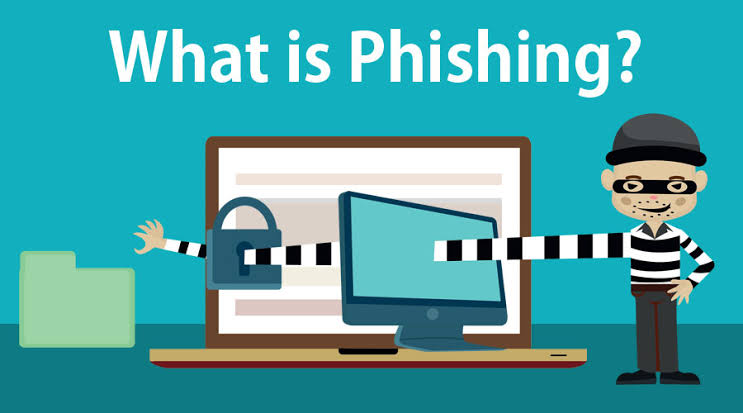What Is a Phishing Scam? Everything You Should Know
Phishing is an online scam whereby cybercriminals pretend to be someone you know so that they trick you into giving up personal information. Sometimes hackers target you to infiltrate your network and use it to spread malware. If you are wondering what is a phishing scam, you should keep in mind the fact that these scams have been in existence for decades.

Thanks to technological advances, phishers are finding it even easier to perpetrate their scams. Attacks have significantly intensified with phishers making a kill out of their illicit activities. Attack methods get refined every day, something that has made it hard to prevent phishing attacks. Stopping a phishing attack is akin to a game of cat and mouse.
How Phishers Trap Victims
Most phishers target their victims intending to get hold of their valuable information. Indeed, you may have stumbled upon suspicious emails or pop-up messages that ask you to provide your personal information. These messages are often made to look like they are from legitimate sources such as your employer or bank.
Spam emails can end up leading you to malicious websites that seem to belong to legitimate organizations. However, such sites are usually fake and act as a front for stealing your personal information. Therefore you shouldn’t take the bait when you receive emails or phone calls asking you to provide your details. This is one of the tricks that cybercriminals use to catch you in the phish net.
How to Ward off Phishers
To avoid getting tangled in the phish net, you should avoid the temptation of replying to emails that request you to update or confirm your personal information. Be wary of links and attachments that come with suspicious emails. Often, such links and attachments lead you to clone websites that have been set up to harvest your personal information for malicious purposes.
Internet users should avoid copying unknown links used in spam emails to their web browsers. As innocuous as these links may appear, they can land you on fraud websites run by cybercriminals. Likewise, you should be wary about opening or saving attachments or documents that come with suspicious emails. Don’t trust these emails even if they seem to have been sent by authorized individuals. Once an email raises a red flag, avoid it altogether.
To avoid falling prey to phishers, never send confidential information about you via email, more so to people who are unfamiliar to you. Similarly, use antivirus software, firewalls, and anti-spyware to protect yourself from phishers. Ensure that whatever software you use gets regularly updated to seal loopholes that hackers can leverage to intrude on your network.
Financial Cost of Phishing Scams to Enterprises
Phishing scams have become so prevalent to the extent that they now outrank malware. They ate the main cyber threat that individuals and enterprises face. Currently, Email Account Compromise and Business Email Compromise are the most consequential phishing scams.
Business Email Compromise (BEC) mainly targets high-ranking company executives. This form of phishing impersonates the executive, and the scam aims at tricking employees into doing something illicit such as wiring company funds into phony supplier accounts. In Email Account Compromise (EAC), the attack focuses on individuals as they operate in their capacity.
Phishing scams have gained an edge over other cybercrimes because they rely on social engineering. Their targets and schemes continuously evolve depending on economic and cultural factors. In the US, phishing scams account for over 50% of all reported cyber-attacks. The situation is even more severe because a significant number of scams go unreported.
How Fear Overrides Honesty in Phishing Scams
To fully understand what is a phishing scam, you should keep in mind the fact that in these attacks, fear always overrides trust. Generally, cybercriminals thrive on secrecy. As a result, they always want to ensure that victims keep quiet. It is generally understood that a phishing scam can ruin a brand’s reputation. This is why few people dare to come forward and report phishing incidents.
Hackers also understand that phishing largely relies on human error. As a result, they prey on users’ fears while adopting urgent and persuasive language that tricks users into disclosing sensitive information. It only takes an inattentive user to execute phishing attacks successfully. Therefore, phishers tend to target their victims at their most vulnerable moments.
Organizations can only prevent these attacks from becoming successful if they nurture a culture of awareness. Employees should also get equipped with tools that enable them to detect and report phishing attacks in real-time.
A phishing attack can bring your organization to its knees. Fortunately, there’s so much that you can do to avert such an attack. NuEduSEC not only offers a range of anti-phishing solutions, but its experts are always at hand to teach you how to protect yourself. Get in touch today to learn more.